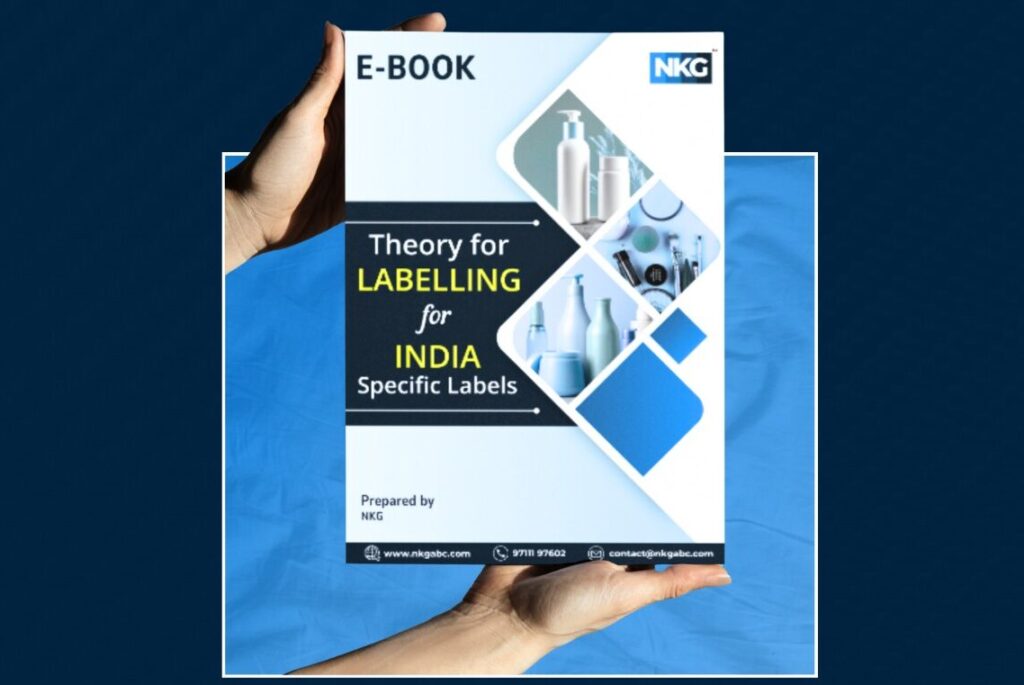Introduction:
In today’s globalized marketplace, the import and export of consumer goods have become a complex endeavor, with a myriad of regulations and certifications to navigate. One such product category that requires careful consideration is hair dryers. These seemingly innocuous personal care appliances are subject to a range of certifications, each designed to ensure safety, quality, and environmental compliance. In this comprehensive guide, we will unravel the intricacies of importing hair dryers into India, shedding light on the various certifications required and their significance.
The Importance of Certifications for Importing Hair Dryers:
Hair dryers, while primarily designed for personal grooming, can have far-reaching implications if not manufactured and imported responsibly. These appliances consume energy, potentially contributing to environmental impact, and may contain hazardous materials that could pose risks to consumers and the planet. Certifications play a crucial role in mitigating these risks by establishing stringent standards and ensuring compliance with regulations.
By adhering to the required certifications, importers not only demonstrate their commitment to quality and safety but also foster consumer trust and confidence. In a market saturated with choices, certifications serve as a stamp of approval, assuring buyers that the hair dryers they purchase meet the highest standards.
Decoding the Certifications:
1. EPR Under E-Waste Management Rules, 2022 (Central Pollution Control Board):
In a world grappling with the mounting challenge of electronic waste (e-waste), India has taken a proactive stance by introducing the E-Waste Management Rules, 2022. These rules mandate that manufacturers and importers of electronic and electrical equipment, including hair dryers, obtain an Extended Producer Responsibility (EPR) certificate from the Central Pollution Control Board (CPCB).
The EPR certificate serves as a testament to a company’s commitment to responsible e-waste management. It ensures that manufacturers and importers have established systems and processes for the collection, transportation, and environmentally sound disposal of their products at the end of their life cycle. By adhering to these regulations, importers contribute to reducing the environmental impact of e-waste and promote a circular economy.
2. BIS(Bureau of Indian Standards) under the Foreign Manufacturer Certification Scheme (FMCS):
The Bureau of Indian Standards (BIS) is a renowned organization dedicated to promoting standardization and quality control in various industries. The Foreign Manufacturer Certification Scheme (FMCS) is a certification program designed specifically for manufacturers based outside India who wish to import their products into the country.
To obtain the FMCS certification for hair dryers, importers must demonstrate compliance with the relevant Indian standards, such as IS 616 (for safety requirements of hair dryers). This certification ensures that the imported hair dryers meet the necessary quality and safety benchmarks, providing consumers with peace of mind and protecting their well-being.
3. Legal Metrology Packaged Commodity Rules, 2011 (Legal Metrology Department):
The Legal Metrology Packaged Commodity Rules, 2011, are a set of regulations aimed at ensuring fair trade practices and protecting consumer interests. These rules apply to a wide range of products, including hair dryers, and mandate specific labeling and packaging requirements.
Importers must comply with these rules, which stipulate the disclosure of essential information such as the product’s net quantity, manufacturer details, and country of origin. By adhering to these regulations, consumers can make informed purchasing decisions and have access to transparent product information.
4. EPR Under E-Waste Management Rules (Central Pollution Control Board): Hair dryer LSEEW31
Under the e-Waste Management Rules set by the Central Pollution Control Board, manufacturers of electronic products like hair dryers are required to follow the Extended Producer Responsibility (EPR) guidelines. EPR mandates that companies ensure environmentally sound management of their products after the end of their useful life. For the hair dryer model LSEEW31, the manufacturer must implement a take-back system for collecting e-waste from consumers and channeling it through authorized dismantlers and recyclers. They also need to create public awareness of e-waste handling and submit annual returns to the pollution control board detailing the e-waste collected and channelized. Proper EPR implementation ensures that hazardous materials like lead and mercury present in hair dryers don’t end up in landfills, protecting the environment and human health.
5. EPR Under Plastic Waste Management Rules (Central Pollution Control Board):
Plastic waste has emerged as a significant environmental concern, prompting governments worldwide to implement measures to address this issue. In India, the Central Pollution Control Board (CPCB) has introduced the Plastic Waste Management Rules, which require manufacturers and importers of products containing plastic components to obtain an EPR certificate.
For hair dryers, which often incorporate plastic components in their design, this certification is crucial. It ensures that importers have established systems for the proper collection, recycling, and disposal of plastic waste generated from their products. By complying with these rules, importers contribute to reducing the environmental impact of plastic waste and promote sustainable practices.
Note: If plastic is used for packaging purposes then plastic waste will be applicable.
Conclusion:
Navigating the certification maze for importing hair dryers into India is a complex yet crucial endeavor. By adhering to the required certifications, importers not only demonstrate their commitment to quality, safety, and environmental responsibility but also foster consumer trust and confidence. The journey may present challenges, but by fostering collaboration, embracing transparency, and implementing sustainable practices, importers can overcome obstacles and position themselves as leaders in the hair care industry.
As consumers become increasingly conscious of the environmental impact of their purchases, certifications serve as a beacon of assurance, guiding them towards responsible choices. By prioritizing compliance and promoting a circular economy, importers can contribute to a greener, more sustainable future while meeting the ever-evolving demands of the Indian market.







